How To Treat PCOS Acne & Foods To Avoid If You Have It
Ditch the triggers and make healthy choices to control your symptoms.

Image: Shutterstock
If you have Polycystic Ovary Syndrome (PCOS), you may also experience PCOS acne. It is a classic symptom of this serious hormonal and reproductive condition. PCOS affects around 7% of adults worldwide and causes weight gain, excessive hair growth, in male pattern, irregular menstrual cycles, and ovarian cysts (1).
If you have PCOS acne, you know how difficult it is to manage them. But we are here to help you. This article explains everything about PCOS acne and how to manage it. Keep reading!
In This Article
Why Do People With PCOS Have Acne?
PCOS acne is caused by hormonal imbalance. This endocrine disorder affects the body’s hormonal equilibrium and leads to high levels of androgens (male sex hormones).
The data, based on a sample of 2,000 U.S. adult citizens, indicates that 17% of individuals experience acne during or around their menstrual period. It also reports that 12% are personally affected or have friends or family members affected by Polycystic Ovary Syndrome (PCOS).
The thecal cells (endocrine cells associated with ovarian follicles) produce high amounts of testosterone that stimulates the sebaceous glands to produce excess oil (1). Excess sebum combined with dead skin cells, dirt, and debris can clog the pores, increasing the risk of acne breakouts.
PCOS acne can show up in body parts with the highest concentration of sebaceous glands. They include:
- Face
- Neck
- Chest
- Upper Back
Since various internal and external factors trigger PCOS acne, it is important to know how to differentiate between normal acne and PCOS acne for the right treatment.
Key Takeaways
- If your acne is accompanied by weight gain, menstrual irregularities, excessive hair growth, or ovarian cysts, you may be dealing with PCOS and related acne.
- Retinoids, OTC medicines, laser therapy, and prescribed birth control pills can help manage your PCOS-related better.
- Lifestyle and diet changes can go a long way in keeping your PCOS-acne flare-ups under control.
Signs Of PCOS Acne
If you notice persistent and widespread breakouts on your face, chest, or back, they may be indicators of PCOS. These blemishes may be deep and cystic, resisting typical acne treatments. They make the skin oilier, leading to blackheads. Symptoms may worsen during your menstrual period, and severe inflammation may increase the risk of scarring. Irregular periods or hair thinning along with these acne formations can be additional signs of polycystic ovary syndrome.
When it comes to treatments, the doctor may recommend combination therapy, including oral and topical treatments and lifestyle changes. Scroll down to learn ways to manage PCOS acne.
How To Treat PCOS Acne
1. Retinoids
Topical retinoids are beneficial in acne management. They have anti-inflammatory properties and may reduce comedones and microcomedones (2). The doctor may prescribe topical or oral retinoids (isotretinoin). However, the strength of the retinoids may depend on the severity of your condition. So, avoid self-medication. Also, it may make your skin susceptible to UV damage. So, always use sunscreen when on retinoids.
 Quick Tip
Quick Tip2. OTC Medicines
The doctor may recommend OTC topical medicines containing benzoyl peroxide and salicylic acid. Both ingredients are first-line treatments for acne and work by exfoliating the skin, killing acne-causing bacteria, and reducing excess sebum production (3 ),(4). They also reduce skin irritation and inflammation and speed up the healing process.
3. Birth Control Pills
Estrogen and progestin birth control pills are usually recommended to manage hormonal skin changes and PCOS acne. However, it is a temporary solution and should be balanced with other medications and lifestyle changes (5).
4. Laser Therapy
Laser-based therapies target acne and may also help reduce acne scarring
(6). Lasers remove dead skin cells and reduce excess oil production to control acne.
 Pro Tip
Pro Tip5. Spironolactone
Spironolactone is primarily used as a diuretic or water pill to treat high blood pressure. However, it is also prescribed off-label for various conditions, including the management of hormonal issues. In PCOS, it helps in reducing the production of oil in your skin. When it is taken as prescribed, typically at a low dose in the beginning, it may take a few months to show results (7).
6. Lifestyle Management
Lifestyle management is a critical aspect of PCOS acne management. Since PCOS may also affect metabolic factors, which may contribute to acne, you must maintain a healthy lifestyle. Talk to your doctor about lifestyle changes you may need, exercise regularly, consume a balanced diet, and maintain a healthy weight.
The treatment options for PCOS acne are quite similar to how they treat hormonal acne. But while the medications work internally to maintain hormonal imbalance, you can accelerate the healing process through your diet. Read on to find out what food you should avoid if you have PCOS acne.
Foods To Avoid If You Have PCOS Acne
Several food items may aggravate acne, especially if you have PCOS. They include (8), (9) :
- Dairy products (milk, cheese, yogurt, and dairy-based chocolates)
- High-calorie foods like sugary beverages, baked goodies (cakes and cookies), processed and junk food (pizza, burger, and fried foods)
Acne is one of the common symptoms of PCOS. You may experience breakouts in the areas with the highest concentration of sebaceous glands, like your face, chest, neck, and upper back. Managing PCOS means managing the hormonal imbalances and maintaining your skin health. Retinoids, OTC medicines, laser therapies, birth control pills, and lifestyle changes may help manage PCOS acne. You can also consult your doctor to know more about this condition and plan your diet to prevent flare-ups. Following these will help you get rid of PCOS acne.
Frequently Asked Questions
What does PCOS acne look like?
PCOS acne is considered a severe form of acne and is characterized by large, painful, and red pimples on your face, neck, and chest.
What foods are good for PCOS acne?
A high-fiber and low-glycemic diet may help manage PCOS acne (10).
How can I treat PCOS acne without birth control?
You can follow a specific skin care routine, exercise regularly, eat a healthy diet, and cope with stress effectively to manage PCOS acne.
Get practical tips to manage PCOS acne from this informative video. From skincare routines to lifestyle changes, discover why these painful boils appear on your skin to help control breakout symptoms for a more confident appearance. Click play to learn!
References
Articles on StyleCraze are backed by verified information from peer-reviewed and academic research papers, reputed organizations, research institutions, and medical associations to ensure accuracy and relevance. Read our editorial policy to learn more.
- Polycystic Ovary Syndrome
https://www.ncbi.nlm.nih.gov/labs/pmc/articles/PMC3737989/ - Topical retinoids in acne–an evidence-based overview
https://pubmed.ncbi.nlm.nih.gov/18479477/ - A review of diagnosis and treatment of acne in adult female patients
https://www.ncbi.nlm.nih.gov/labs/pmc/articles/PMC5986265/ - Over-the-counter Acne Treatments
https://www.ncbi.nlm.nih.gov/labs/pmc/articles/PMC3366450/ - Use of oral contraceptives for management of acne vulgaris and hirsutism in women of reproductive and late reproductive age
https://www.ncbi.nlm.nih.gov/labs/pmc/articles/PMC5925193/ - Laser and light-based treatments of acne and acne scarring
https://pubmed.ncbi.nlm.nih.gov/28274357/ - Effectiveness of spironolactone for women with acne vulgaris (SAFA) in England and Wales: pragmatic, multicentre, phase 3, double blind, randomised controlled trial
https://www.bmj.com/lookup/doi/10.1136/bmj-2022-074349 - Diet and acne: a review of the evidence
https://onlinelibrary.wiley.com/doi/full/10.1111/j.1365-4632.2009.04002.x - The epidemiology of adolescent acne in North East China
https://pubmed.ncbi.nlm.nih.gov/20337811/ - Dietary Options in Polycystic Ovary Syndrome (PCOS)
https://www.researchgate.net/publication/318324571_Dietary_Options_in_Polycystic_Ovary_Syndrome_PCOS
Read full bio of Dr. Somodyuti Chandra
Read full bio of Monomita Chakraborty
Read full bio of Eshna Das
Read full bio of Swathi E






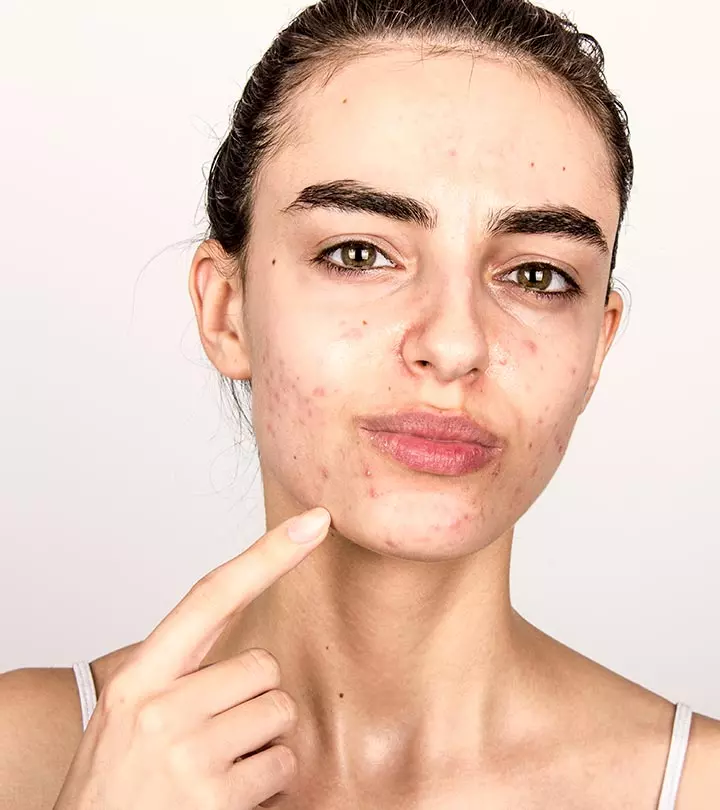
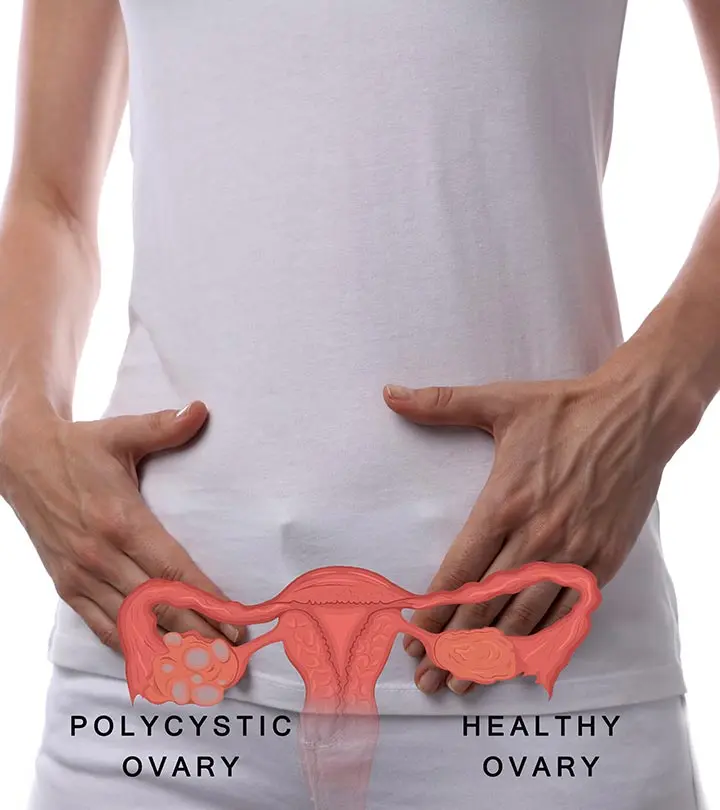
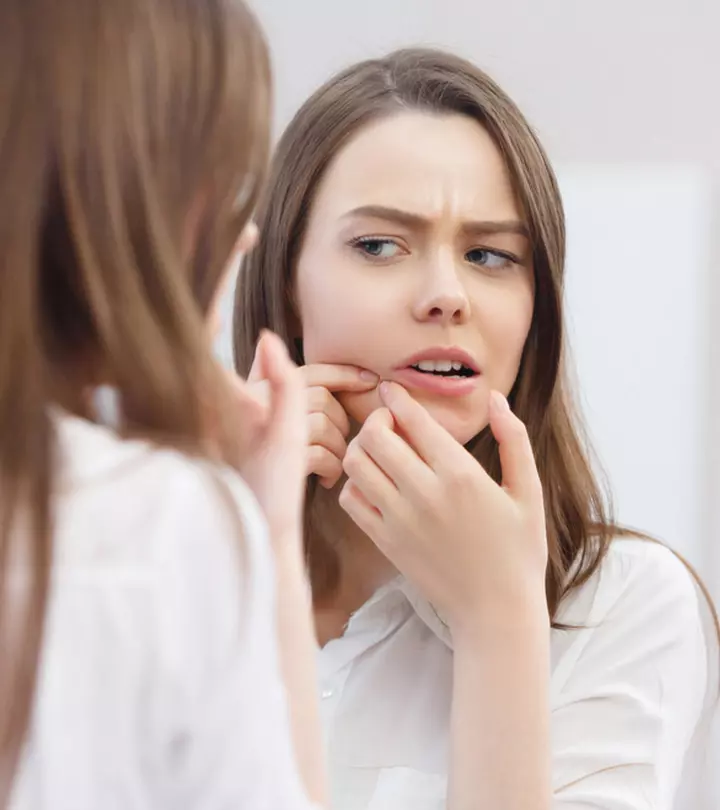
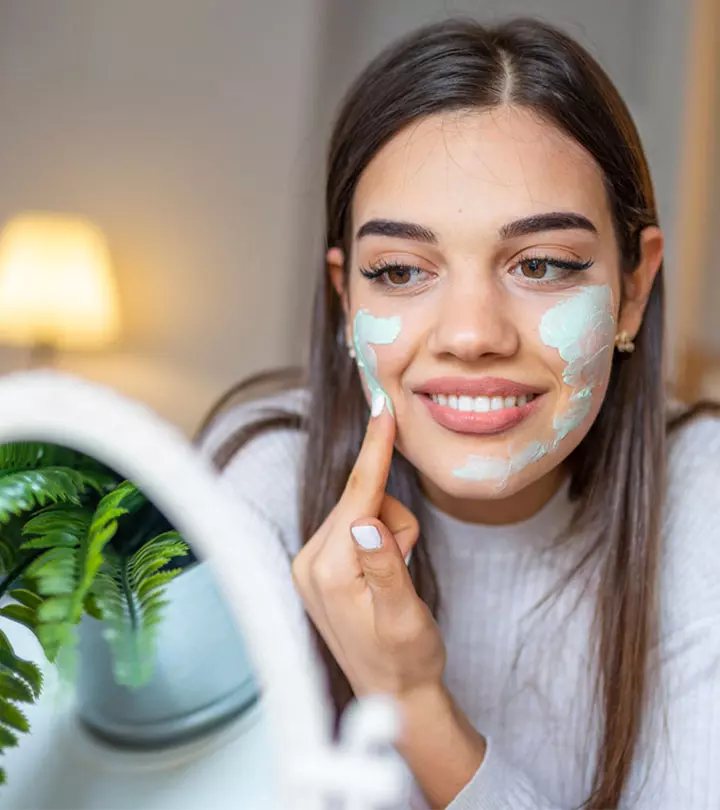
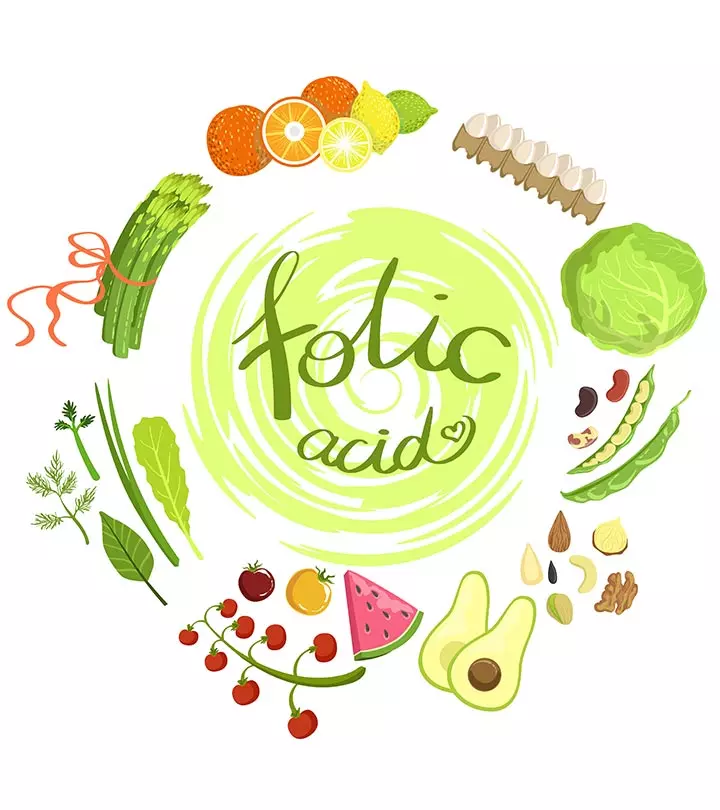
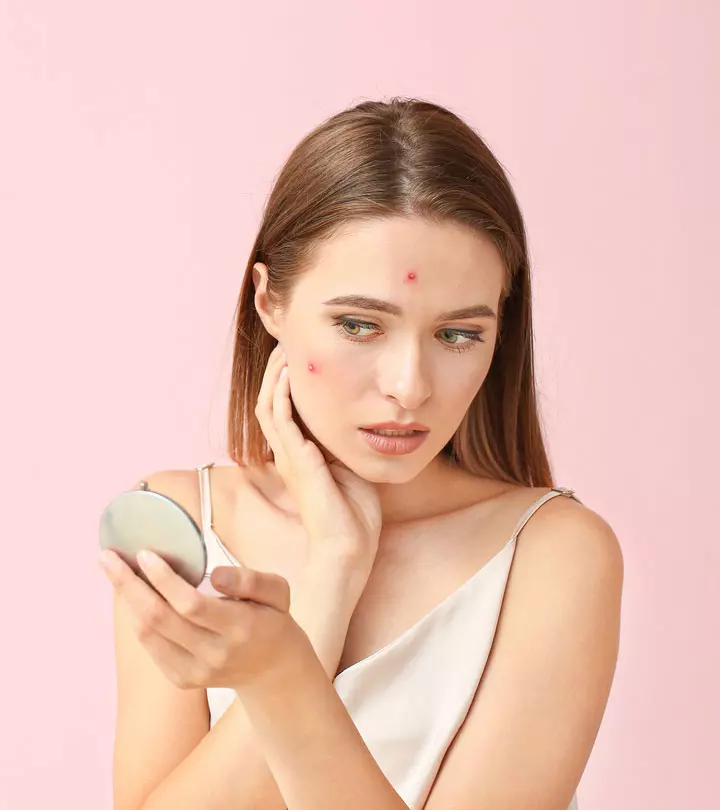
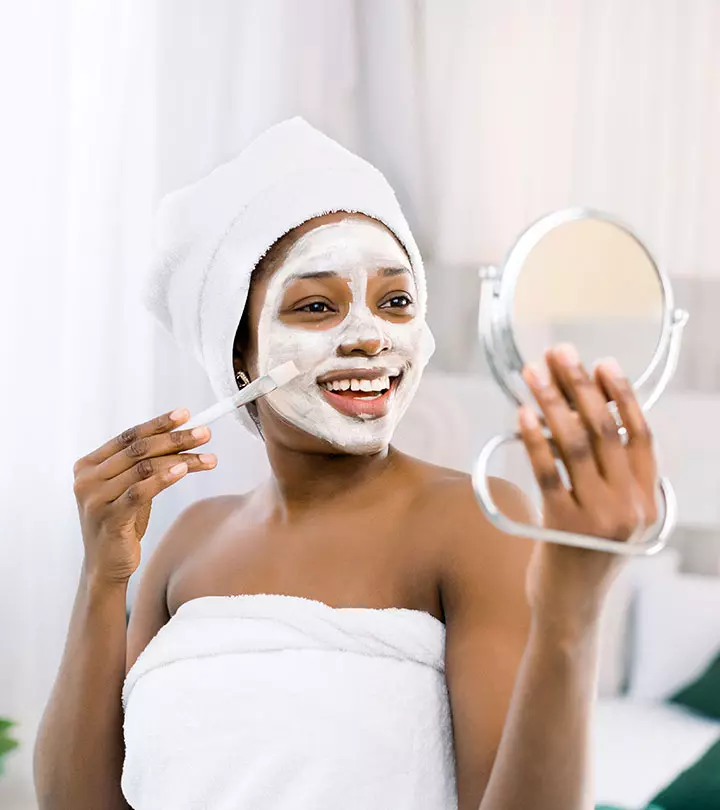
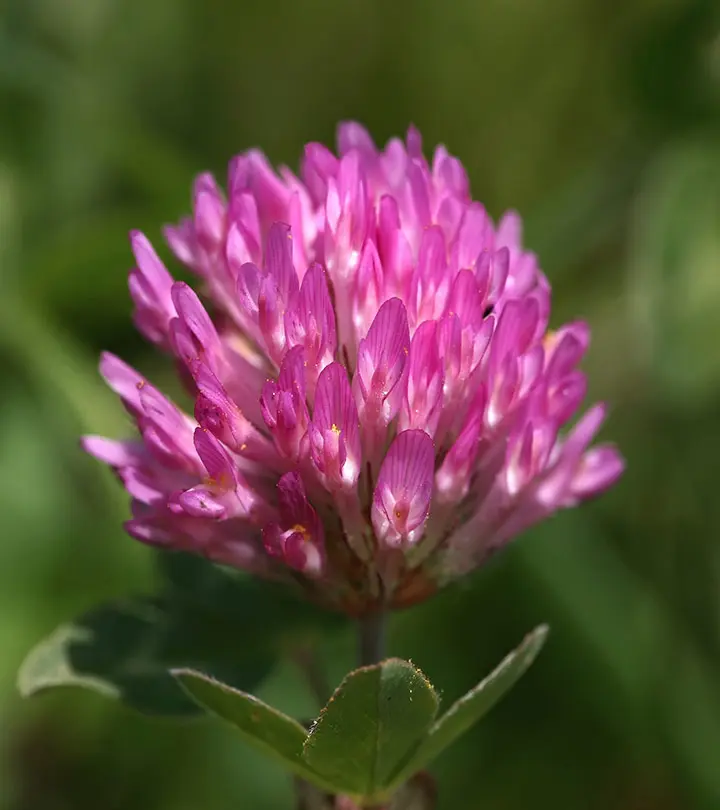

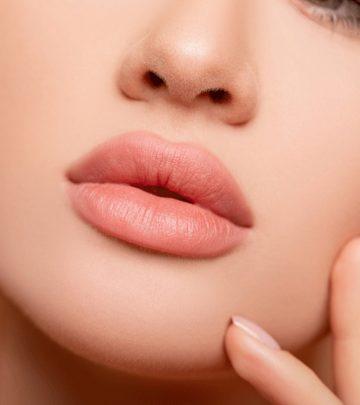
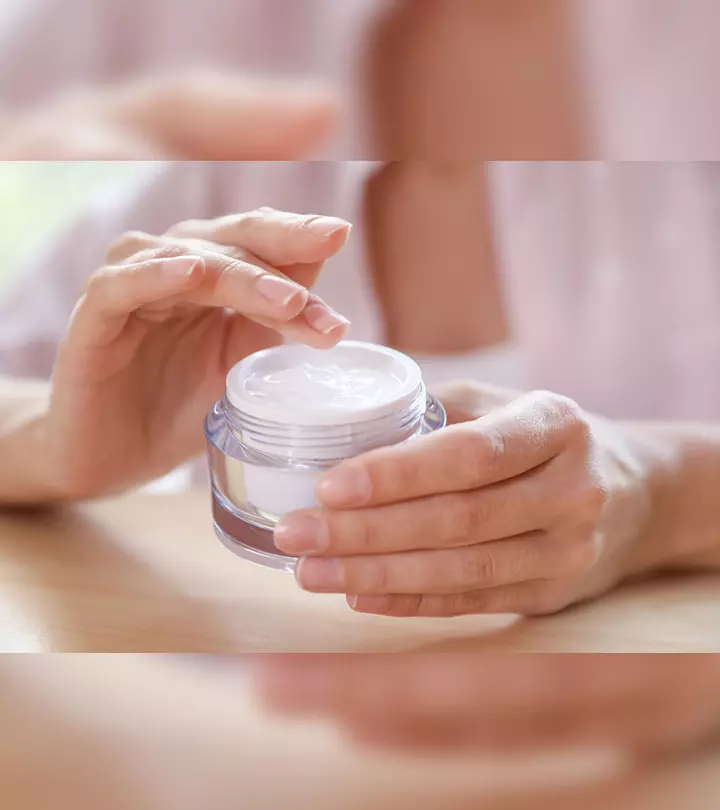
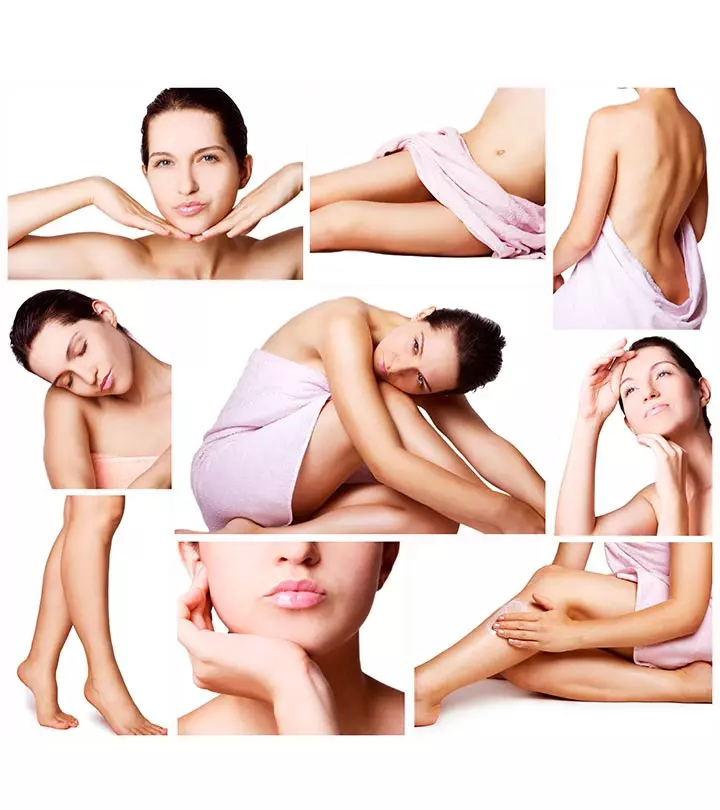

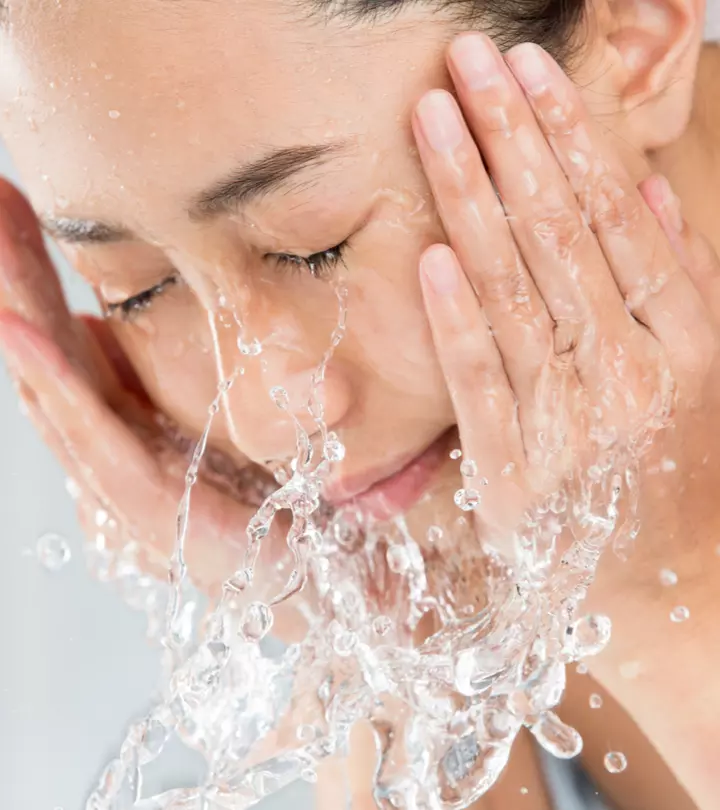


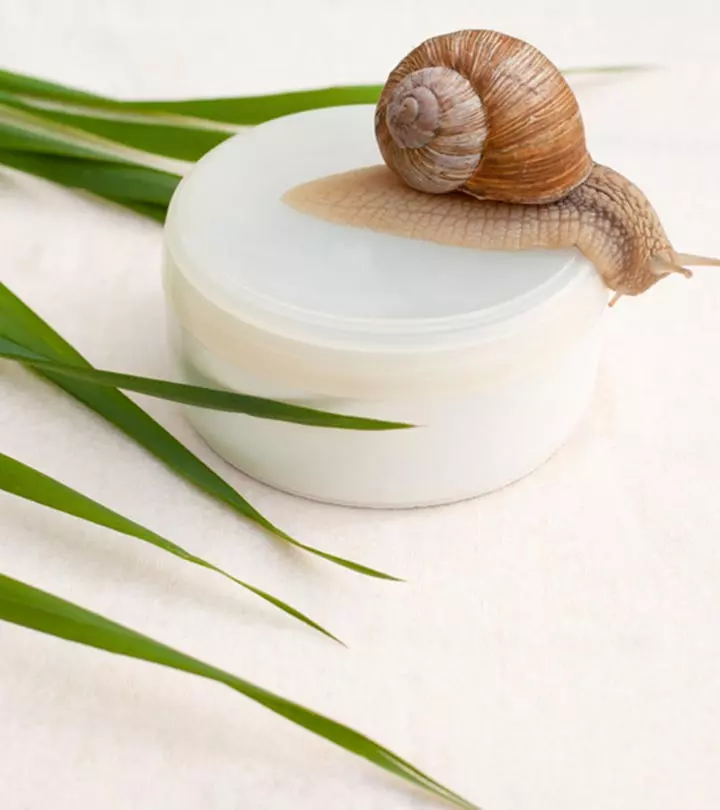
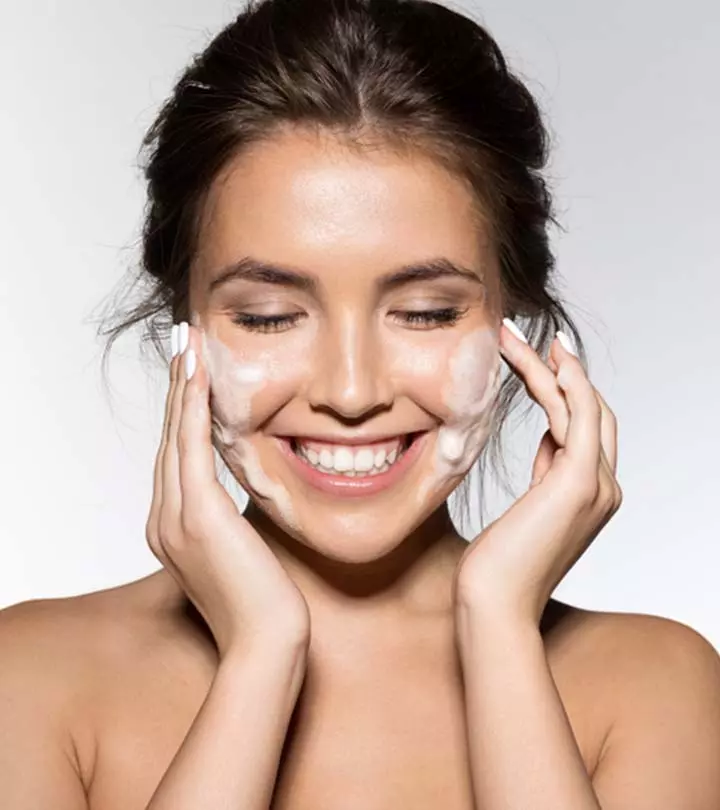
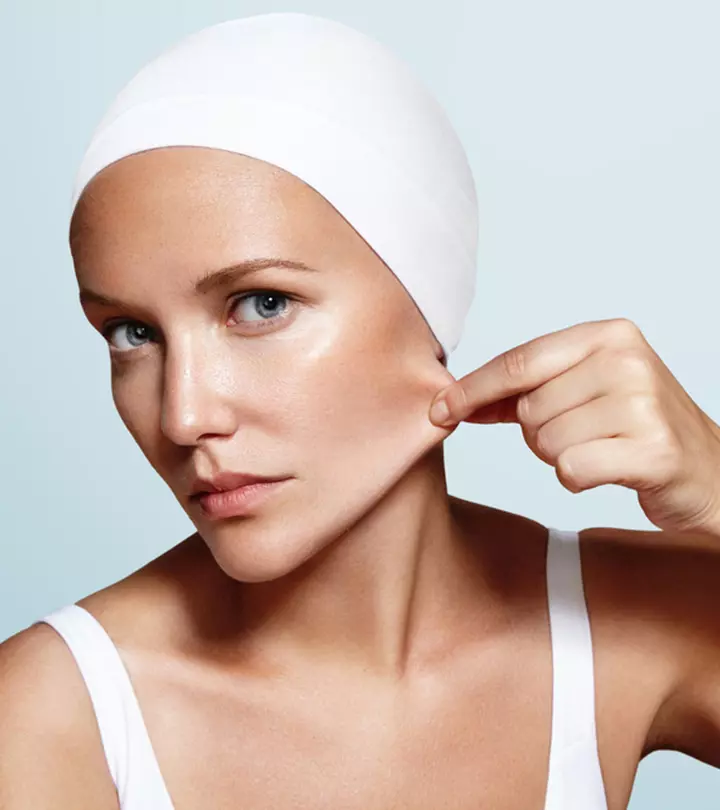
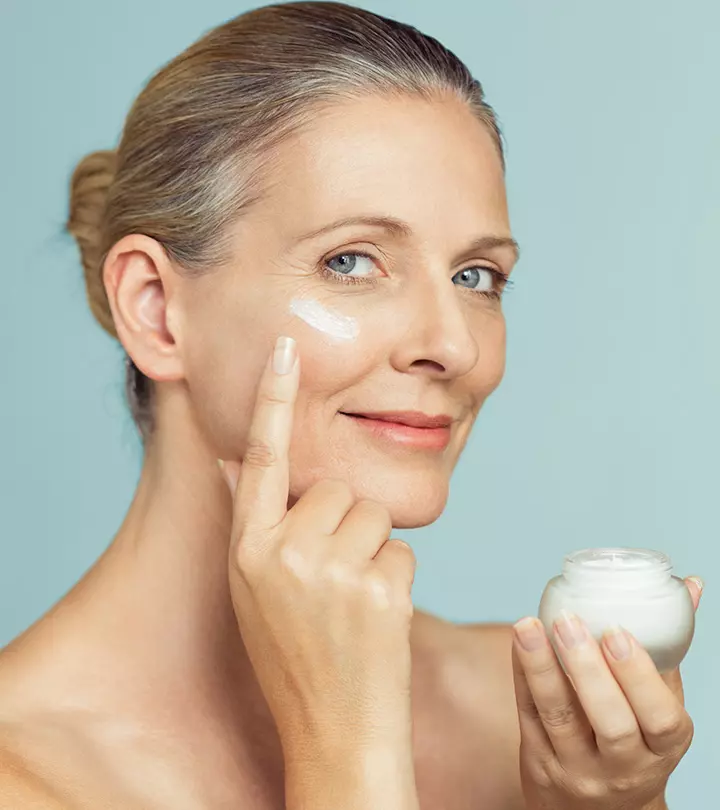
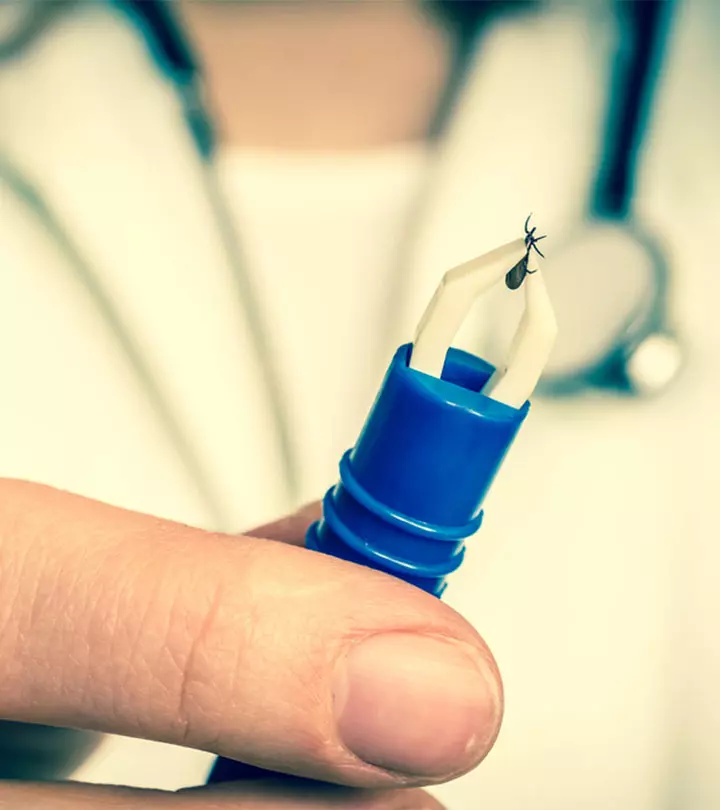
Community Experiences
Join the conversation and become a part of our empowering community! Share your stories, experiences, and insights to connect with other beauty, lifestyle, and health enthusiasts.